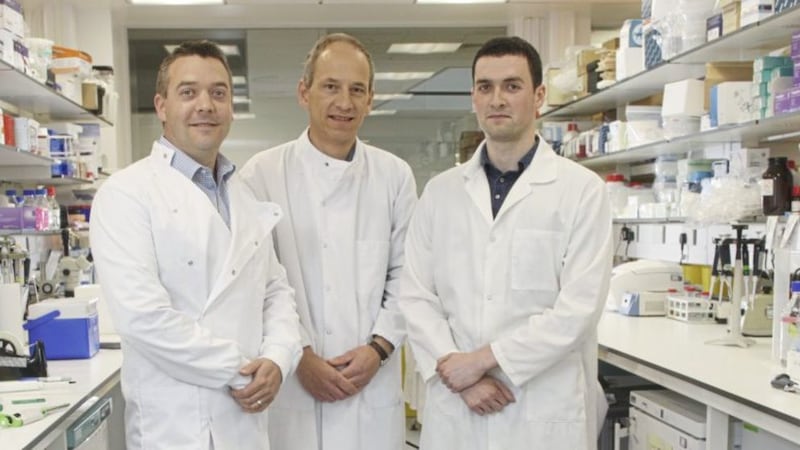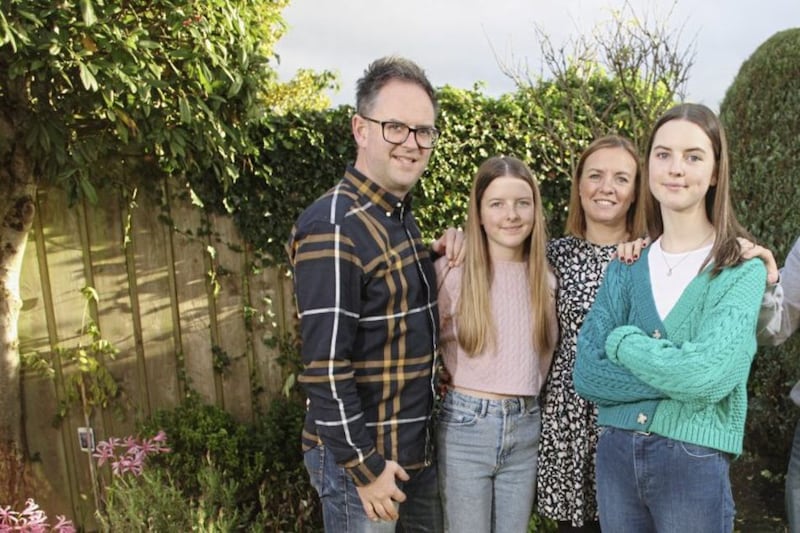SCIENTISTS at Queen’s University Belfast have identified changes in heart cells that could offer hope for thousands of people in Northern Ireland.
The team at the Wellcome-Wolfson Institute for Experimental Medicine have been studying data from thousands of individual heart cells from people with dilated cardiomyopathy (DCM).
It is a condition in which the heart muscle becomes thinned and weakened so the heart becomes 'baggy' and is unable to pump blood around the body efficiently.
It is estimated to affect up to 7,600 people in the north and is a common cause of heart transplantation.
Inherited DCM can be caused by a change or mutation in one or more genes, but is more commonly caused by other conditions, such as heart attacks, diabetes or viral infections.
However, as DCM develops, what happens at the cell and molecular level in the heart is poorly understood.
But research, funded by British Heart Foundation Northern Ireland (BHF NI), has shown changes in gene expression, the way in which information stored in DNA is converted into instructions for making proteins, in people with DCM.
Identifying these changes is an early stage of research that could eventually lead to new treatments for the condition.
PhD student Oisín Cappa is presenting the research virtually at the annual British Cardiovascular Society Conference this week. He said the team at QUB were able to use available data to study the different cell types.
"We were able to compare heart cells of patients with DCM with those from healthy hearts," he said.
"We drilled down through the massive amounts of heart cell data available to us to find novel changes in gene expression in the DCM heart cells.
"This early research will allow further studies to improve diagnosis of patients with DCM or even develop treatments for the condition.
"There are currently no targeted treatments that are specific for DCM, but as we get a better understanding of the genes involved in the condition, we can hope to develop new treatments which target these genes."
Fearghal McKinney, head of BHF NI, said: "At present there is no cure for DCM, but treatments are available to help control symptoms and prevent complications.
"The more research that can be funded into DCM the closer we get to finding a cure for the condition."







